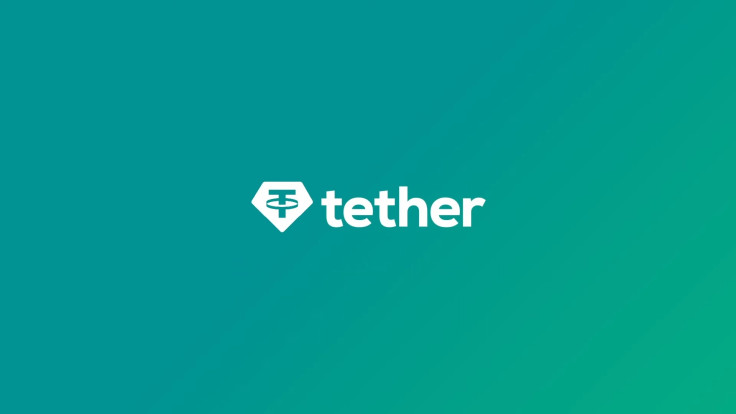Tether Blacklists 4 USDT Wallets, 1 With A 20 Million Balance

KEY POINTS
- Two of the wallets blacklisted Tuesday each had a USDT balance of $500,000
- Tether blacklisted 28 wallets in December that allegedly "received billions" in USDT
- It voluntarily froze around $225 million in USDT in a November collaborative operation with the DOJ
Blockchain platform Tether, which is behind the world's largest stablecoin, USDT, has blacklisted four wallet addresses as the crypto firm pursues a crackdown on potentially questionable transactions.
The news was first revealed Tuesday in a series of posts on X (formerly Twitter) by user @usdtblacklist, which posts the latest blacklistings by Tether. Blockchain security firm PeckShield provided more details about the updated blacklist, revealing that one of the blocked wallets had a balance of 20.01 million in USDT.
[2024/03/05 08:32] USDT blacklisted 0xf2c678b283b58ac43b9975d13ab3f7ce87422ce0 in block 19367792 https://t.co/kHZFv0iAWb
— usdt blacklist (@usdtblacklist) March 5, 2024
Two wallets had 500,000 USDT, while the fourth wallet had a balance of over 217,000 in USDT.
#PeckShieldAlert #Tether has blacklisted the following addresses:
— PeckShieldAlert (@PeckShieldAlert) March 5, 2024
0x44c9503188827034377353a9f6d876eea15933c9 (Balance: 20.01M $USDT)
0xc20dcb6c4fec2516e21cf52648177721e2744988 (Balance: 500K $USDT)
0xc0c9baf6bb9b932eef4a60267aa8c530af5cb62c
(Balance: 500K $USDT)… pic.twitter.com/B0FnthgBjt
This is not the first time Tether blocked wallet addresses containing millions in USDT. ChainArgos, another blockchain security firm, revealed in December that Tether blocked a total of 28 wallets, which it said could be the platform's single-day all-time high in blacklisting.
🚨 Tether has blacklisted 28 new wallets which may be a record for a single day. Not only that, these wallets collectively have sent and received billions of dollars worth of $USDT over their lifetimes, with $161 million of that having come from a single exchange:
— ChainArgos (@ChainArgos) December 2, 2023
WhiteBIT. pic.twitter.com/yFYcetslt3
"These wallets collectively have sent and received billions of dollars worth of $USDT over their lifetimes, with $161 million of that having come from a single exchange," ChainArgos noted at the time.
Tether has yet to issue an official statement on its motive for its latest blacklisting move. However, the cryptocurrency firm in November collaborated with the U.S. Department of Justice (DOJ) to clamp down on USDT wallets associated with human trafficking groups in Southeast Asia.
At the time, Tether voluntarily froze around $225 million in USDT tokens that were "linked to an international human trafficking syndicate in Southeast Asia." The crypto firm said it collaborated with the DOJ and crypto exchange OKX in a "months-long investigative effort" to track down the illicit funds.
The blockchain platform also froze some $9 million in assets that were pilfered through pig butchering scams – romance scams and crypto confidence scams – that affected dozens of victims. The freeze allowed the DOJ to seize the stolen assets. "The department would like to acknowledge Tether for its assistance in effectuating the transfer of these assets," the DOJ said at the time.
In mid-2021, Bloomberg reported that federal prosecutors were looking into whether Tether hid its crypto-related transactions from banks during the platform's early days in business. The criminal investigation was reassigned to the DOJ in 2022, the outlet reported.
Tether has been plagued by accusations of suspicious banking relationships but the blockchain platform said in 2022 that Bloomberg was only fishing "age-old news for headlines." It also said it has been holding routine dialogue with law enforcement agencies, including the DOJ, and its executives "have had no interactions with the DOJ in connection with any investigation for well over a year."
© Copyright IBTimes 2025. All rights reserved.






















